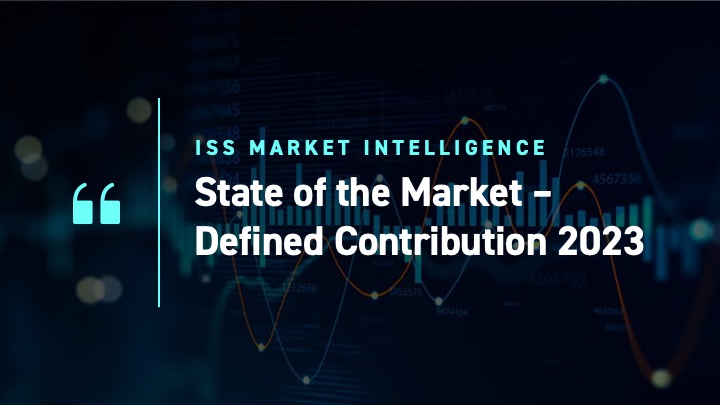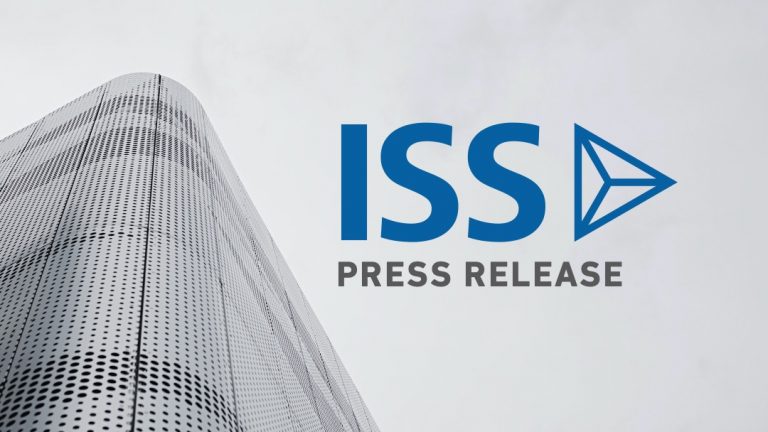The Securities and Exchange Commission (SEC) set out a new strategic plan that seeks to address evolving market risks through a re-examination of its rules and enforcement tools and the extension of its reach beyond simple securities.
Announced at the end of last month, the four-year plan running through 2026 sets out three primary goals:
- Protect investors – both retail and institutional – against fraud, manipulation, and misconduct
- Develop and implement robust regulations that keep pace with evolving markets, business models, and technologies
- Support a skilled workforce that is diverse, equitable, and inclusive (DE&I) and is fully equipped to advance agency objectives
Protect Investors
Goal One will be accomplished not just through rulemaking, but also through enforcement and examination. Especially in the areas of rulemaking and enforcement, the plan calls for the SEC to “reassess the tools, methods, and approaches used in the past and adapt them to modern markets” in reaction to constantly evolving market technologies. Much of this reassessment will involve leveraging data analytics, including machine learning and artificial intelligence (AI).
There is also a specific commitment to provide consistent, comparable, and material information to all investors, covering, for example, issuers’:
- climate risks
- cybersecurity hygiene policies
- human capital
Continuing to update the disclosure framework will also be part of Goal One.
Develop and Implement Robust Regulations
Threats brought on by evolving technology, rather than its benefits, are a driving force behind Goal Two. Technological advances have “introduced new risks and, in some cases, amplified better-known market risks,” according to the plan document. Challenges include:
- transaction speed
- geographic spread
- time period (24-hour cycle)
- interconnectivity of markets
- moving assets into private or unregulated markets
- coordination with foreign regulators
- new financial instruments
- data protection
These regulatory and oversight challenges are especially pronounced where new entrants to U.S. markets seek to evade U.S. securities laws. In addition, the SEC believes its core mission (“to protect investors, maintain fair, orderly, and efficient markets, and facilitate capital formation”) must be extended beyond simple securities to cover, for example, crypto assets, derivatives and fixed income.
Diversity, Equity and Inclusion
The SEC’s plan to maintain or establish a workforce in line with DE&I principles is an internal goal and, therefore, of less interest to either corporations or investors. However, interested parties will look forward to monitoring how and when the SEC is accomplishing its goals in this regard.
The goal also includes developing and modernizing SEC technology, internal controls and risk management, an acknowledgment that the agency is subject to the same technological threats as any other organization.
Comments on the Plan
As with other SEC proposals, the SEC requested that the public leave comments on the strategic plan. Of particular interest was input from Principles for Responsible Investment (PRI), the Council of Institutional Investors (CII), the American Associaion of Retired People (AARP) and the U.S. Chamber of Commerce. The PRI called on the SEC to focus on the transition to a sustainable financial system through steps including mandating standard environmental risk and human rights disclosures that are in line with other standard-setting bodies, as well as mandated data disclosures on human capital management issues, along with educating market participants on ESG investing. Much of the CII’s response reiterates earlier comments on issues such as sustainability disclosures. It repeats a request that disclosure regulations be modernized and standardized and calls on the Commission to move forward with machine-readable disclosures.
The AARP calls on the SEC to pay special attention to the protection of older investors; in particular as regards fraud and Reg BI. Reg BI is a SEC regulation on Best Interest that establishes a standard of conduct for broker-dealers and other investment advisers when they make recommendations about securities transactions or investment strategies to retail investors. By contrast, he Chamber calls on the SEC to implement regulatory relief – rather than the “burdensome”’ disclosure regulations it is currently calling for – as well as more lenity in its enforcement programs. It also calls on the Commission to regulate more effectively digital assets, such as bitcoin, so that they can be better used for capital formation.
By: Paul Hodgson, Senior Editor, ISS Corporate Solutions




